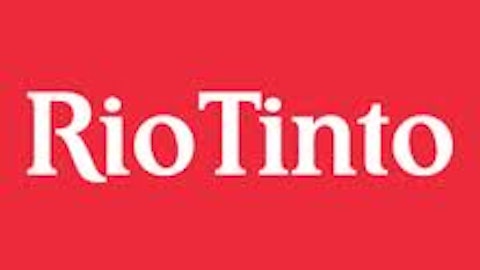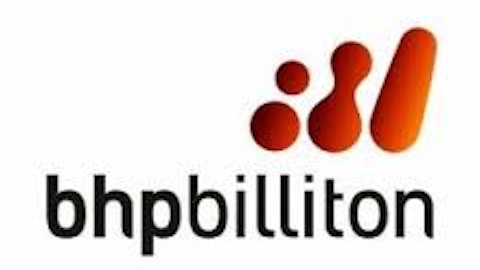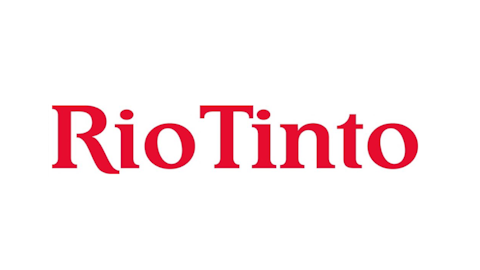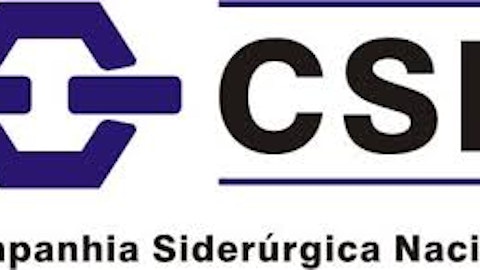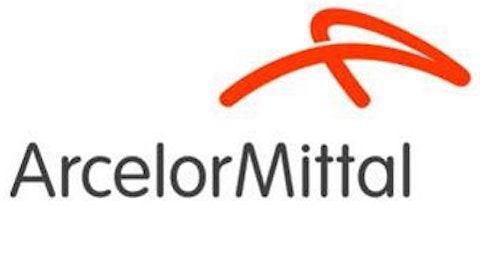
Given the size of the deal, it seems likely that another major international miner or steelmaker would have to step in and take a significant stake in the newly-independent company. Currently, Indian steelmaker ArcelorMittal (ADR) (NYSE:MT) looks to be the most likely candidate. Depending upon the terms of the sale, the manufacturing conglomerate could end up owning part or all of Rio Tinto plc (ADR) (NYSE:RIO)’s former stake.
About Rio Tinto and Iron Ore Company of Canada
Rio Tinto is a major resource-extraction company that conducts exploration, development and extraction activities for a wide variety of materials in virtually every corner of the globe. The company’s principal resources include copper, gold, bauxite, aluminum, silver, nickel, molybdenum, diamonds, iron, uranium, zircon, coal and salt. Rio Tinto maintains a fully-integrated industrial operation that refines these products for sale to finishers, middlemen and manufacturers. It has permanent mining and refining operations on every continent except Antarctica. In 2012, Rio Tinto plc (ADR) (NYSE:RIO) lost about $3 billion on gross revenues of about $51 billion.
Montreal-based Iron Ore Company of Canada is a privately-held mining concern that engages in the extraction, refinement and transportation of raw iron ore. The company’s principal operations are concentrated in northern Quebec and Newfoundland & Labrador. Its Carol Concentrator industrial facility near Labrador City is capable of refining around 17 million metric tonnes of ore per year and primarily produces “pelletized” concentrates, as well as other refined products. Crucially, IOC maintains a proprietary railway system known as the Quebec North Shore & Labrador Railway. This connects the minefields in the two provinces’ hinterlands to its shipping terminal in the northeastern Quebec city of Sept-Iles. IOC employs about 2,000 people and is jointly owned by Rio Tinto, Mitsubishi Corporation, and Labrador Iron Ore Royalty Income Corporation.
How the Deal Is Structured
Although no concrete terms have yet been announced, it appears likely that Rio Tinto will sell the entirety of its stake in IOC. This is due primarily to the company’s persistent under-performance, as well as the low-margin nature of iron ore extraction for non-integrated concerns. In addition to ArcelorMittal, the company has identified several interested buyers, including Glencore International (GLEN) and Teck Resources Ltd (USA) (NYSE:TCK). Both of these companies are established, diversified miners with solid exposure to the iron ore space.
Currently, IOC generates about $2 billion in annual revenue for Rio Tinto and has proved to be a steadily-declining source of cash flow. Although it remains to be seen whether a new owner could squeeze additional production out of what may simply be a declining system of mines, it is clear that Rio Tinto plc (ADR) (NYSE:RIO) is frustrated by IOC’s performance. Rio’s stock has risen by about 1 percent since the initial announcement of its intention to sell the stake.
